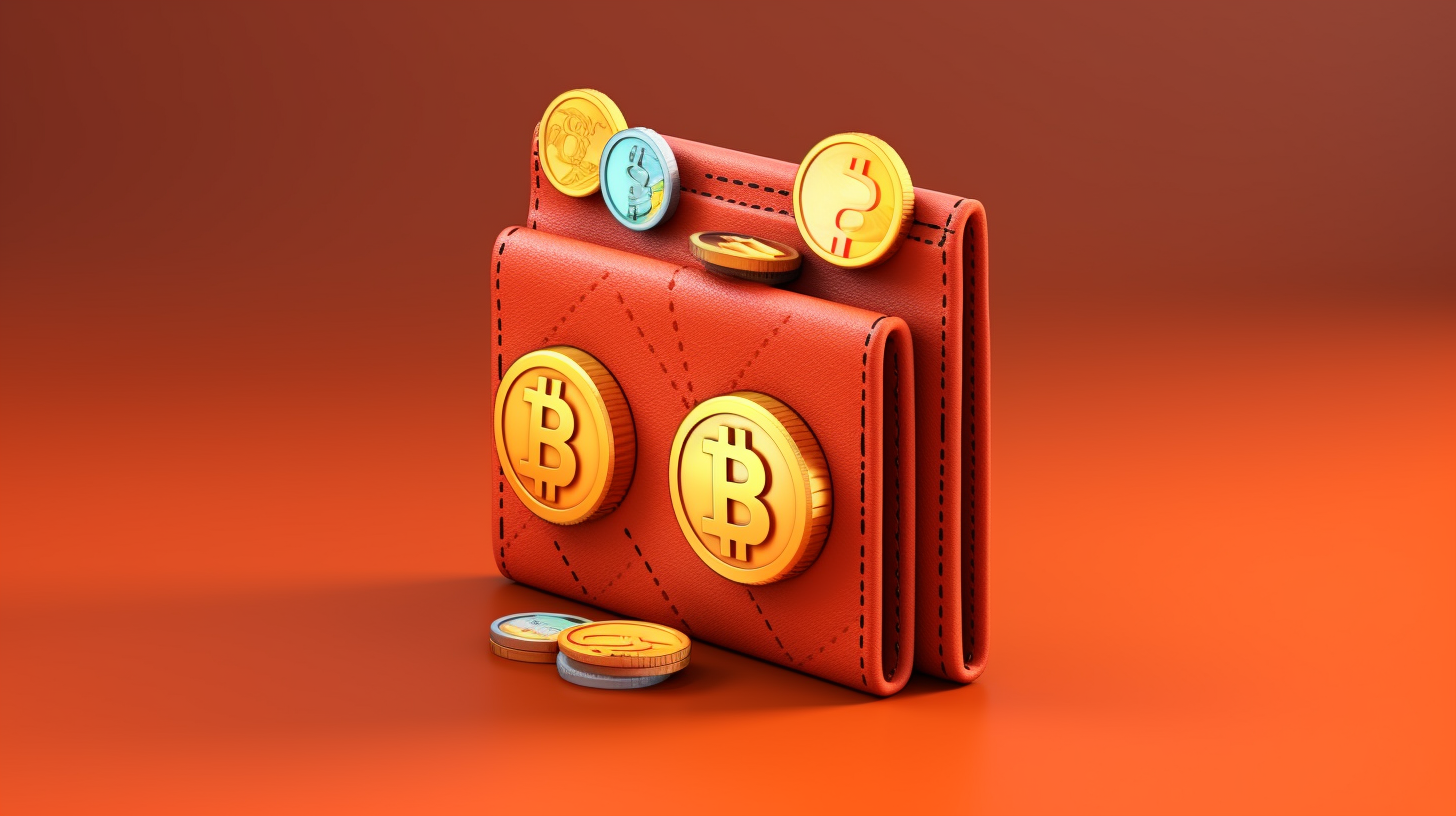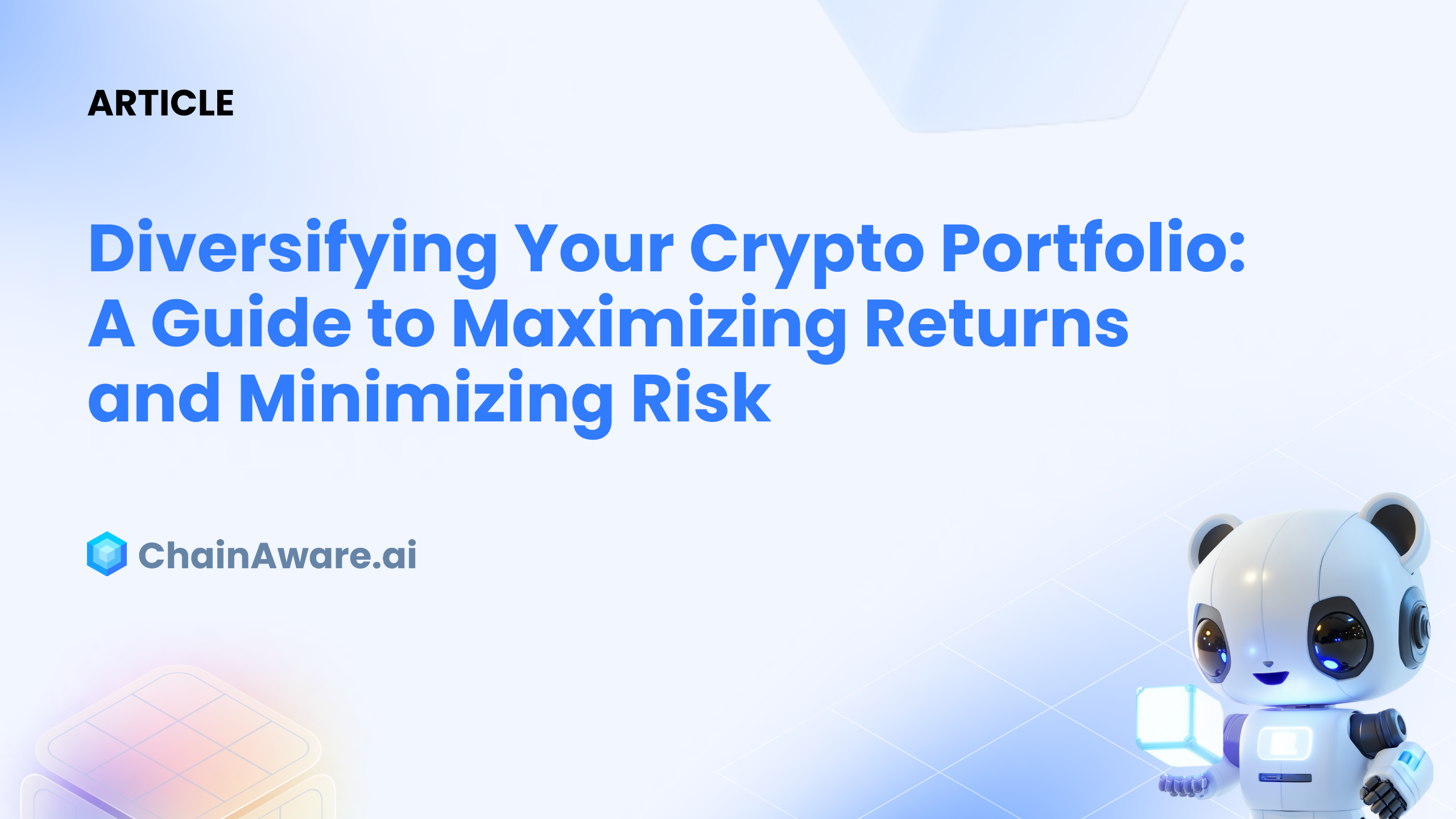Crypto wallet security is the practice of securing your digital assets from various threats such as hacks, scams, and physical theft. As cryptocurrencies become increasingly mainstream, understanding and implementing crypto wallet security measures is more important than ever.
What Is A Crypto Wallet?
A cryptocurrency wallet, or crypto wallet for short, is a digital interface allowing users to store, send, and receive various cryptocurrencies. Each wallet is tied to a pair of cryptographic keys: a public one, which is used for receiving funds, and a private one, which is used for signing transactions. The private key must be kept confidential as anyone who has access to it can control the funds in the wallet.
Why Is Crypto Wallet Security Important?
Crypto wallet security is crucial as cryptocurrencies are highly coveted assets for cybercriminals. Given the irreversible nature of crypto transactions, if your wallet gets compromised and funds are transferred out, it would be virtually impossible to recover them. Furthermore, as the value of many cryptocurrencies has surged in recent years, securing one’s digital assets is more important than ever.
Types of Crypto Wallets
There are several types of crypto wallets, each with different security implications:
- Desktop wallets: These are software applications downloaded on a PC or laptop. They offer good security but can be compromised if the computer gets infected with malware.
- Mobile wallets: These are apps installed on a smartphone, providing convenience and features like paying with cryptocurrencies in physical stores.
- Online wallets: Also known as web wallets, these run on the cloud and can be accessed from any computing device in any location. While they offer convenience, they also have an increased risk as private keys are stored online and controlled by a third party.
- Hardware wallets: These store a user’s private keys on a hardware device like a USB. Transactions are made online, but the keys are stored offline, providing an increased level of security.
- Paper wallets: These are easy to use and provide a very high level of security. The term “paper wallet” generally refers to a physical copy or printout of your public and private keys.
Threats to Crypto Wallet Security
Various threats can compromise the security of your crypto wallet:
- Phishing attacks: These are when hackers pretend to represent a service, platform, or person you trust to trick you into revealing your private keys.
- Malware: Malicious software can infect your computer and steal sensitive data, including your crypto wallet keys.
- Physical theft: If you store your keys on a physical device (like a laptop or a hardware wallet) and that device is stolen, you could lose access to your crypto assets.
- Keyloggers: These are types of malware that record your keystrokes, including when you enter your passwords or keys.
- Ransomware: A type of malicious software designed to block access to a computer system or data until a sum of money is paid.
How to Secure Your Crypto Wallet
Securing your crypto wallet isn’t as difficult as it may seem. Here are some common security measures you can take:
Using Strong Passwords
A strong password is your first line of defense. It should be long, complex, and unique. Avoid using obvious information like your name, birthdate, or common words. Password managers can help generate and store such passwords.
Keeping Your Wallet Software Updated
Developers regularly release updates to their wallet software. These updates often include security enhancements and patches for vulnerabilities that could be exploited by hackers. Keeping your wallet software up to date ensures that you have the latest security enhancements.
Leveraging Two-Factor Authentication
Two-factor authentication (2FA) adds a second layer of security to your account. With 2FA enabled, an attacker would need to have both your password and the second factor—usually a code sent to your phone or email—to gain access to your wallet.
Regular Backups
Backing up your wallet ensures that you can recover your funds if you lose access to your wallet for any reason, such as forgetting your password or if your device is stolen. How you back up your wallet will depend on the type of wallet you’re using.
Be Aware of Phishing Attempts
Always be vigilant of phishing attempts. Remember, service providers will never ask for your private keys. Always double-check email addresses, URLs, and other information to ensure that the communications are from the official source.
Using Hardware Wallets
Hardware wallets store your private keys offline on a physical device. They are immune to computer viruses and are considered one of the safest ways to store your crypto, especially large amounts.
Learn more: Storing Crypto
Advanced Security Measures
While the above methods provide a good level of security, those who want to take extra precautions or have large amounts of crypto might consider these advanced security measures:
Multi-Signature Wallets
Multi-signature wallets require more than one key to authorize a transaction, providing an additional layer of security. They’re ideal for shared wallets where multiple people need to authorize a transaction.
Cold Storage
Cold storage involves storing your cryptocurrencies offline. This makes it impossible for online threats to access your assets. Examples of cold storage include hardware wallets, paper wallets, and even storing information in a safety deposit box.
Crypto Wallet Security Best Practices
Maintaining the security of your crypto wallet is a continuous process, not a one-time task. By implementing the aforementioned practices, such as using strong passwords, keeping your wallet software updated, enabling two-factor authentication, being vigilant against phishing attempts, regularly backing up your wallet, and using hardware wallets or cold storage, you can significantly enhance the security of your crypto assets.
Conclusion
Crypto wallet security is a critical aspect of digital asset management that requires constant attention and vigilance. While it may seem overwhelming initially, educating yourself and taking the necessary precautions can safeguard your crypto assets effectively. Remember, the world of cryptocurrencies is exciting and full of opportunities, but it’s essential to prioritize security to enjoy the benefits without falling prey to potential threats.
FAQs
Can a crypto wallet be hacked?
Yes, a crypto wallet can be hacked, particularly if you do not follow security best practices. Using strong, unique passwords, enabling two-factor authentication, being wary of phishing attempts, and storing your crypto in a secure wallet can all help protect against hacking attempts.
What happens if I lose my private key?
Losing your private key effectively means losing access to your cryptocurrency. Without it, you won’t be able to access your funds. This underscores the importance of keeping your private keys secure and creating a backup in case they are lost.
What is a hardware wallet?
A hardware wallet is a physical device, similar to a USB stick, that securely stores a user’s private keys offline. Hardware wallets are considered one of the most secure ways to store cryptocurrencies as they are immune to online threats and can be kept safe from physical theft.
What is phishing?
Phishing is a common type of cyber attack where hackers pretend to be a trusted entity to trick victims into revealing sensitive information. In the context of cryptocurrencies, phishing attempts often involve hackers pretending to be a crypto exchange or wallet service to trick users into providing their login credentials or private keys.
Is it safe to store my cryptocurrencies in an exchange wallet?
While exchange wallets provide convenience, they aren’t the safest option for storing your cryptocurrencies, especially in large amounts. They are often targeted by hackers, and if the exchange is compromised, you could lose your funds. For better security, consider transferring your cryptocurrencies to a secure wallet, especially if you don’t plan to trade them frequently.







